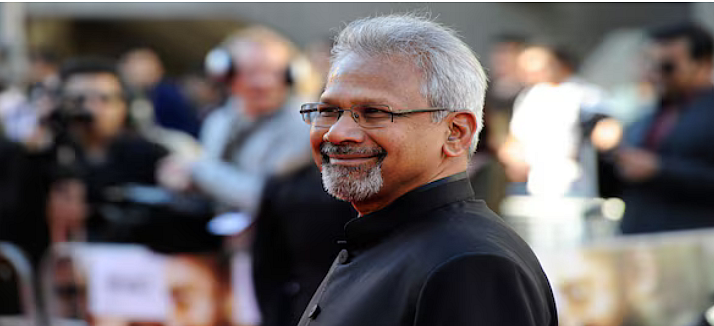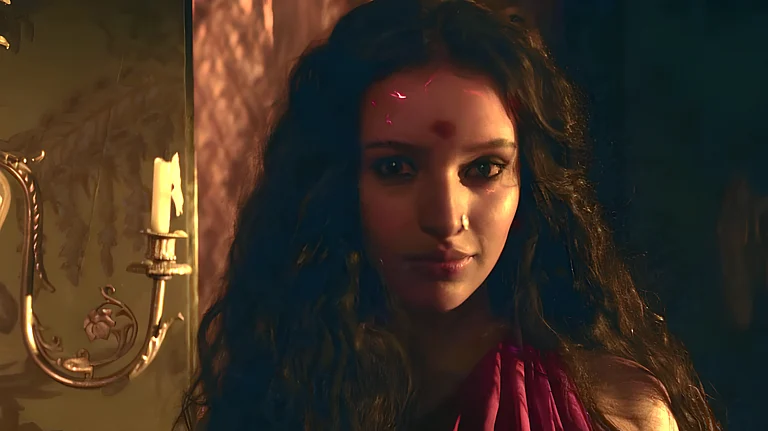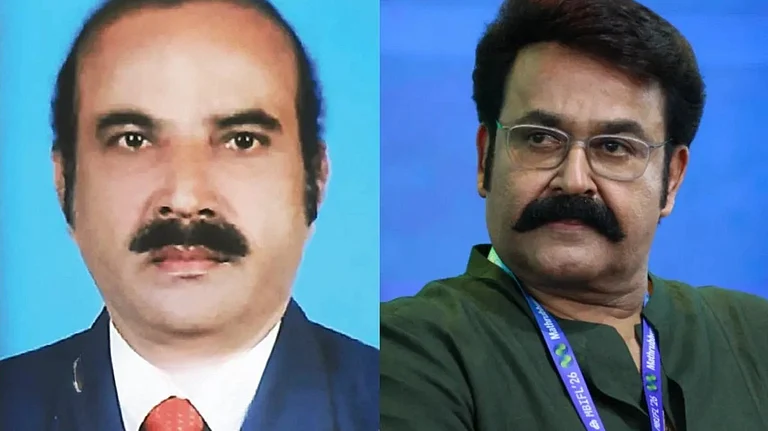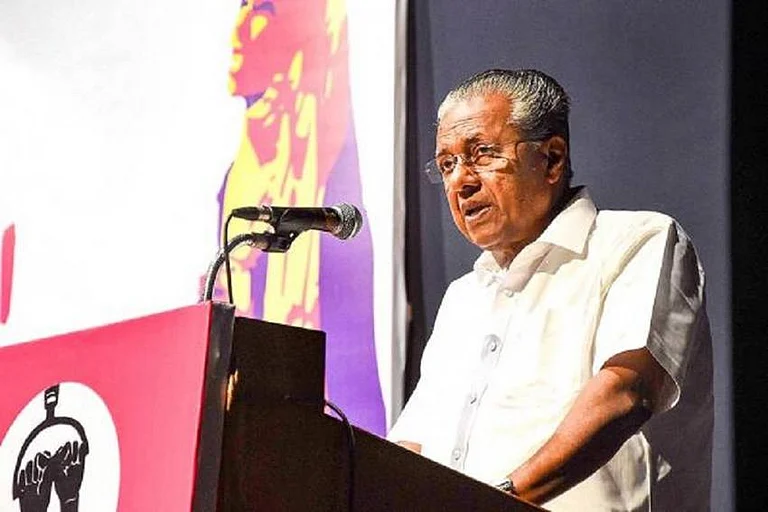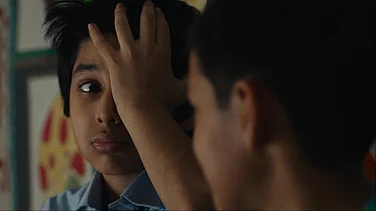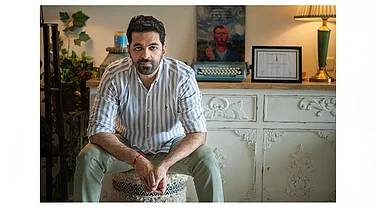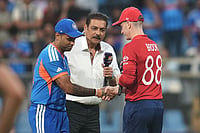National Award-winning filmmaker Mani Ratnam, who last directed the magnum opus, the two part ‘Ponniyin Selvan’, shared an anecdote from his schooling days, when he would watch a film on the pretext of studying with friends.
National Award-winning filmmaker Mani Ratnam, who last directed the magnum opus, the two part ‘Ponniyin Selvan’, shared an anecdote from his schooling days, when he would watch a film on the pretext of studying with friends.
The filmmaker who is known for films such as ‘Roja’, ‘Thiruda Thiruda’, ‘Bombay’, ‘Iruvar’, ‘Alaipayuthey’, ‘Yuva’, ‘Guru’ and others, recently spoke with filmmaker Imtiaz Ali during the Masterclass of MAMI Mumbai Film Festival.
He spoke about his childhood days and also shared when his interest in cinema turned into a passion.
Mani Ratnam said: “Before I got into films I was just a cinema-goer, because I liked this world of films. I never thought I would choose cinema as a profession. I just used to go theatres every Friday and tell my parents that I’ll be away for group study with my friends but I would be in theatres watching a movie during that time. I probably knew just a bit more about the film that was being played on the screen compared to the guy who was sitting next to me. I would know about the peripherals as to who made the movie, who gave the music or who handled the camera.”
He further mentioned, “Your interest becomes your passion only when it's triggered by something. It needs a strong trigger, and for me that trigger was 'Rashomon', which I saw at a film festival and it changed me.
‘Rashomon’ is a period drama film helmed by the Japanese filmmaking legend Akira Kurosawa.
The film narrates the story of an incident through multiple points of views.
It is considered a milestone in world cinema and also introduced the technique of the ‘Rashomon effect’ in modern day filmmaking.
Mani Ratnam said: “The film deals with the concept of truth and many facets of it and the cinematic language of it is so beautiful that it still inspires filmmakers to this day and will continue to do so to generations of filmmakers in times to come.”


